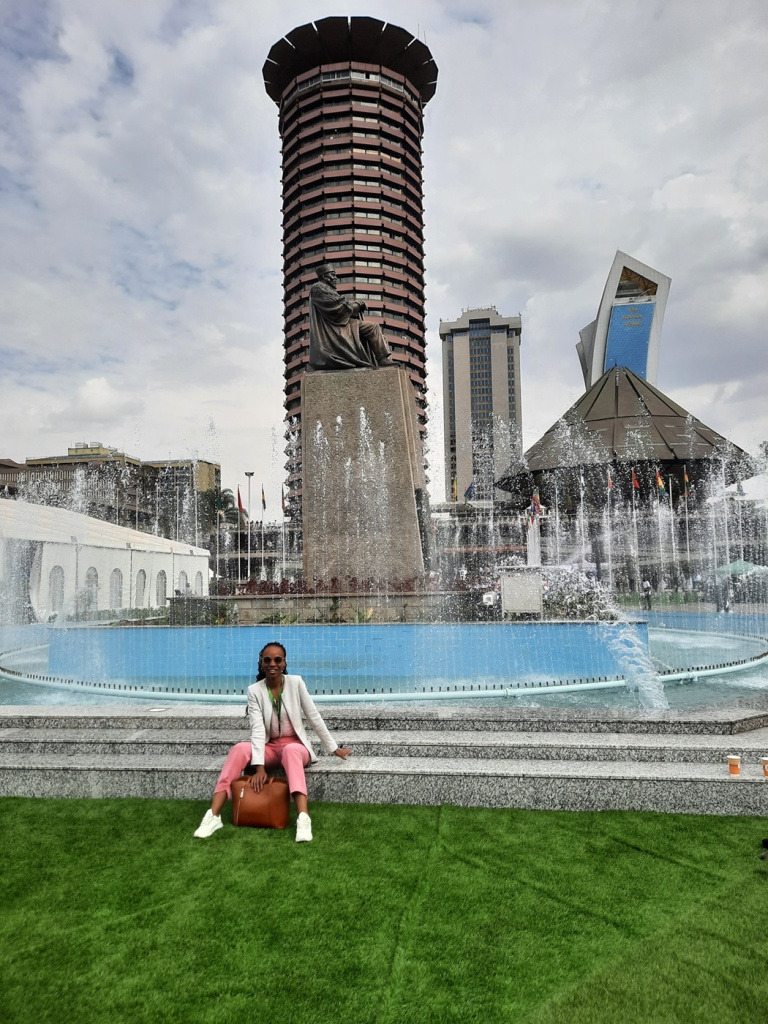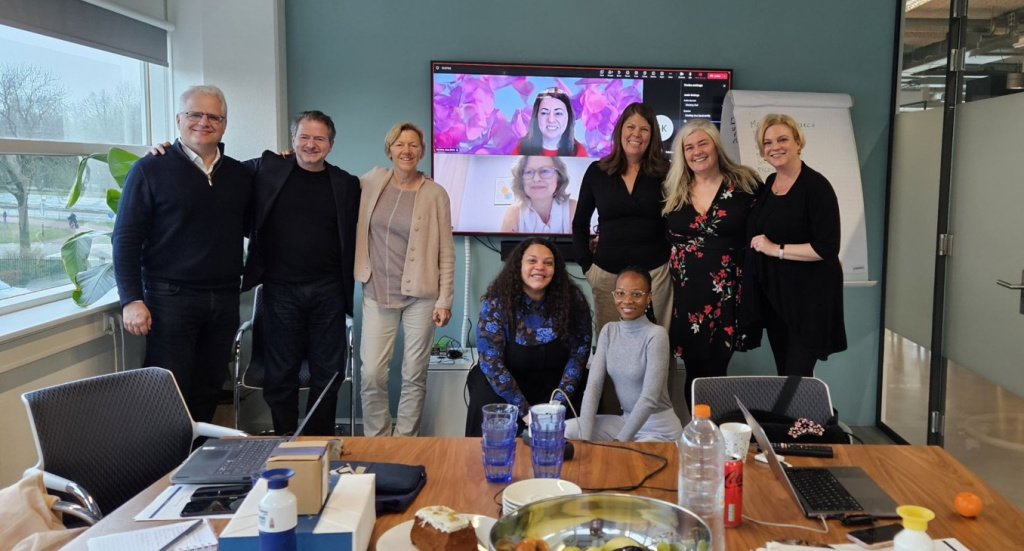30Under30 Honouree: Dolphine Mongina

Great to hear from Significant Insights Global 30 under 30 honouree Dolphine Mongina who is passionate about making an impact in developing countries using data driven research.

So, how did you get into the industry, and take us through how you got to this point?
I began my journey in research during an internship, where I had the chance to work with an impact-focused organization in Kenya. The organization was dedicated to reshaping narratives across African and Asian countries and tackling development challenges through both qualitative and quantitative research. With my background in Geospatial Information Systems (GIS), I contributed a spatial lens to our work, helping to understand how location influences various outcomes like health, education, and economic power. I also learned how integrating qualitative and quantitative research with location-specific data can offer a more comprehensive perspective. Over time, I discovered my passion for changing perceptions of Africa through data-driven research, which eventually sparked my interest in the climate space and how Africa can be viewed as a land of opportunity in the fight against climate change. In my current role at VIDA, I’m able to scratch this itch by working as a geospatial data scientist, focusing on identifying key locations across Africa where electrification efforts should be prioritized. This work is aimed at unlocking transformative opportunities and improving lives in these regions.

Why should anyone consider a career in market research, data and insights?
It’s often said that what cannot be measured cannot be solved, and many of the answers and insights that could improve our lives are found through research. I also appreciate the flexibility research offers, allowing individuals to carve out their own path and explore any topic of interest. With new and emerging subjects constantly arising, the excitement never fades.

Career paths are rarely without challenges. Can you share an honest moment from your career when things didn’t go quite according to plan, but the lessons remain with you to this day?
While working on a major project to quantify renewable energy potential and assess economic use cases for its adoption, we faced difficulties in accessing crucial country specific datasets, such as existing grid data and detailed plans for upcoming transmission lines. This hindered our ability to conduct a thorough assessment, forcing us to rely on proxies, which affected the precision of our findings. It was disheartening to realize that the success of even the best ideas can be influenced by factors beyond our control. From this experience, I learned the value of advocating for open-source data for research and managing my expectations by accepting that there are limits to what we can achieve, and that’s okay.

What two things should junior researchers focus on as they progress in their careers?
Do not be scared to forge your own path; research is a multifaceted field rich with opportunities. If you believe there is more you can achieve, stay open to exploring innovative and unconventional approaches, as you do this, always keep an open mind and be ready to embark on a continuous learning journey.
Give yourself grace, things won’t always go as planned; When that occurs, focus on taking away the lessons learned from the experience.

Do you have any advice for our sector?
I commend the sector for its efforts in celebrating young researchers and providing them with a platform to share their experiences, which can inspire others to follow in their footsteps, however, it is crucial for the sector to establish a strong collaboration with academic institutions dedicated to nurturing the next generation of researchers. This partnership should include ongoing discussions about the critical skills that are currently lacking in the curriculum, ensuring that future professionals are well-prepared to meet the evolving demands of the field. The sector should also actively adopt an open data policy where applicable. By facilitating the availability of essential datasets for researchers, this approach promotes transparency and encourages collaboration. When researchers have access to these datasets, they can share their findings and insights with one another, fostering a culture of collective knowledge and innovation. Ultimately, such initiatives can lead to significant advancements in the field.

And do you have anyone who has helped your career so far that you’d like to acknowledge and say thanks or give a shout out to? I’ve been fortunate to work with incredible individuals who have shaped my career.
To Dr. Jasper Grosskurth, thank you for believing in me and introducing me to the world of research, where I came to truly appreciate its power and potential.
To my managers, Malin and Jess, I’m deeply grateful for your support and for giving me the freedom to explore innovative ideas, all of which have contributed to my growth. To my amazing colleagues within the Data Solutions team, thank you for all the lessons. To the team at VIDA, led by Tobias, Nabin, and Philippe, thank you for championing insights and continually advocating for meaningful, impactful work in the climate space.
Finally, to my sister Diana and my close friend Carol, thank you for always encouraging me when I’m filled with self-doubt. Your support pushes me to pursue the things I know I deserve, and I’m truly grateful for that.

If you could solve one major global issue through your research, what would it be and why?
Climate Change: I come from Kenya, where agriculture is the backbone of the economy. Research shows that losses in this sector due to climate change could lead to severe consequences, such as economic crises and food insecurity. However, Kenya also has abundant natural resources that offer a unique opportunity to address climate change. My goal would be to tackle climate change from a position of strength, harnessing these resources to drive sustainable solutions.
What do you enjoy doing outside of work?
When I’m not working, I love exploring the rich cultures of Kenya and deepening my understanding of our history, as well as appreciating performing arts. You can often find me visiting museums across the country or at theatres in Nairobi, enjoying plays or participating in productions that explore historical themes and address emerging societal issues.